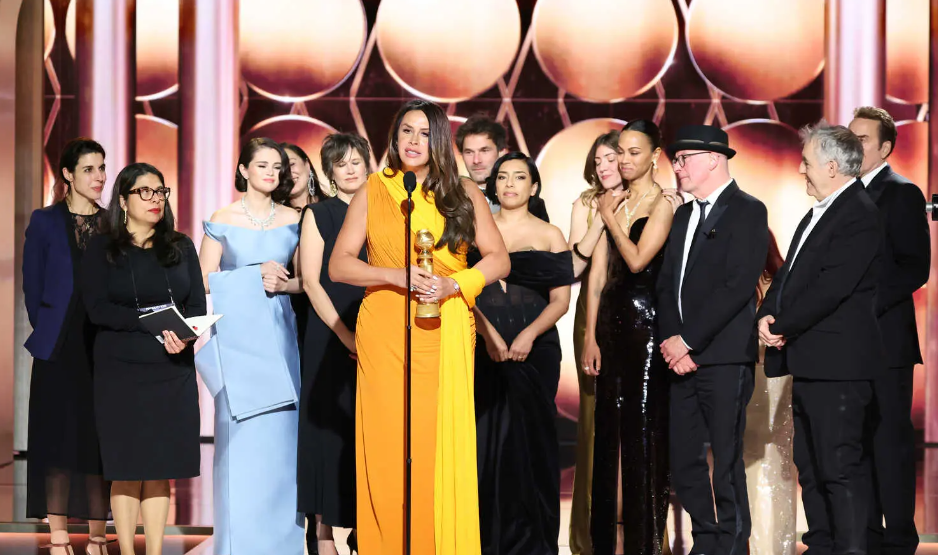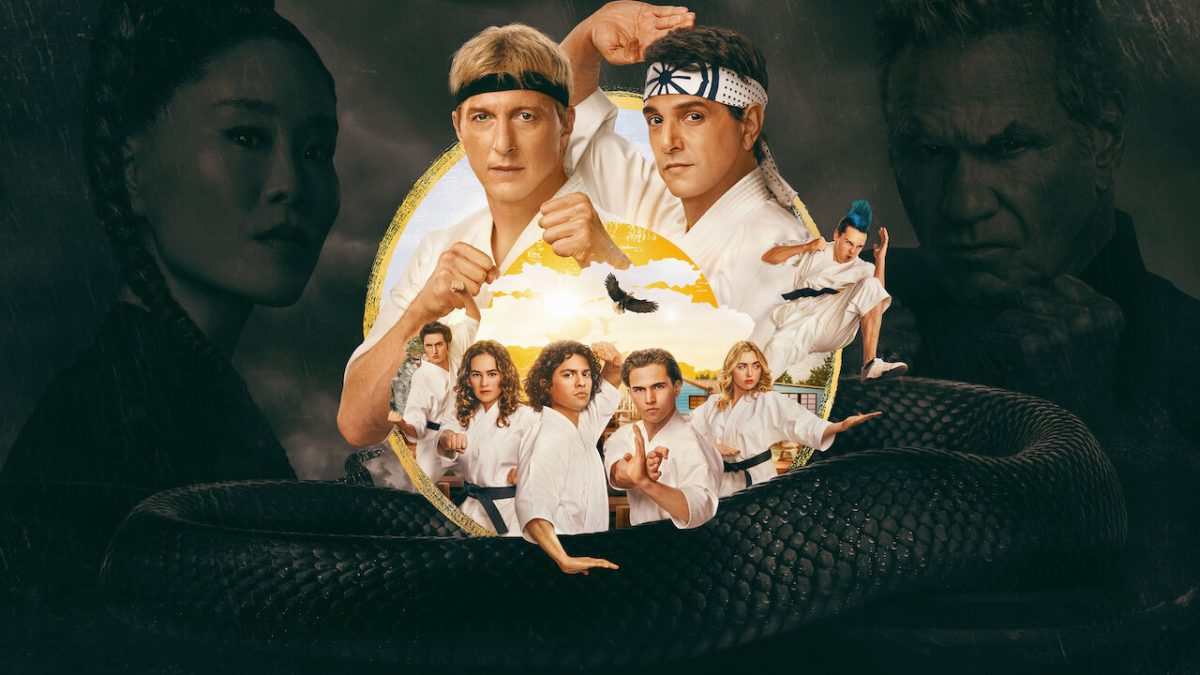
Over the years, the entertainment industry — specifically the television sector — struggles to embrace diversity and continues to cast caucasians for lead roles. While these actors and actresses gain the spotlight, minorities are left in the dust. In an effort to eliminate the lack of diversity on television, ABC created a new series called Fresh Off The Boat. This show joins the channel’s series Black-ish in the crusade to give minorities a chance to be seen. Black-ish follows the Johnsons, an upper middle-class African American family and their journey to establish their own cultural identity within their predominantly white neighborhood. Premiering on February 4, Fresh Off The Boat is based off an autobiographical memoir of the same name by Chinese American food entrepreneur Eddie Huang. The protagonist Eddie Huang (Hudson Yang) and his family move from Washington D.C. to Orlando, Florida so that Eddie’s father, Louis (Randall Park), can chase his dream of opening a steakhouse restaurant. Following the big move, the Huang family tries, often humorously, to adjust to living in an all-white community. Consisting of mostly Asian actors and actresses, Fresh Off The Boat breaks the tradition of a white-dominated television industry by shedding some light into the everyday lives of Chinese Americans nationwide without being inherently racist or stereotypical.
Fresh Off The Boat is the first American comedy sitcom starring an Asian family since ABC’s one season wonder All American Girl starring Margaret Cho during 1994. Twenty years later, ABC endeavours again to evoke understanding and interest of minority cultures among American TV watchers. The number one obstacle in creating a show that centers around a racial group is to make sure that racism and stereotypes do not become a major element. Since Fresh Off The Boat is based off a real account of a Chinese boy, aspects of the show are not created from ignorant assumptions. While the common misconception about Chinese Americans is that they do not embrace assimilation into American society, the Huangs do just that. In the pilot episode, Louis continuously tries to convince his wife Jessica (Constance Wu) that the family’s American midwest-themed steakhouse “Cattleman’s Ranch” is the key to achieving the ultimate American dream. When Eddie finds himself in a new school dominated by whites, he ditches his homemade lunch of lo mein for Lunchables in order to get a seat at the lunch table. Moreover, in a particularly funny scene, when the neighbors come and introduce themselves to Jessica, they are surprised and shocked that her name is not something “more exotic”. By showing the Huang’s slow adaptation to American social norms, Fresh Off The Boat portrays Chinese Americans as average American citizens and not as a separate closed off group.
While the Huangs continuously prove to the community that they are making an effort to Americanize, they do uphold familiar characteristics that Chinese Americans watching the show could connect with. In the pilot episode, whilst grocery shopping for Lunchables, a woman approaches Jessica with free samples of potato chips. In a slightly exaggerated scene, Jessica, not knowing the unspoken ways of Americans, takes the whole bowl out of her hands and puts it into her basket. In the second episode, Jessica discovers that Eddie and his younger brothers are doing extremely well in school. Believing that their local school is not challenging enough, Jessica searches for a nearby “Chinese Learning Center” to enroll her boys in. In the fourth episode, the Huangs gets a visit from Jessica’s sister Connie, Connie’s husband, and the sisters’ mother. Jessica and Connie end up comparing who finds the most bargains to compete for their mother’s affections. Although some people may argue that these instances uphold the Chinese American stereotypes of greed, obsession of school, and frugality, they are relatable and true to some degree to Chinese Americans.
Joining Black-ish, Fresh Off The Boat ushers in an era of television that will evolve into a multicultural platform in which actors and actresses of all ethnicities and races can be fairly represented. Hopefully, the move towards more diverse television shows will open up roles to minority actors that are about more than just their race, gender, or sexuality in order to expand the range of characters in Hollywood. By seeing themselves represented in the media, minorities will feel as though they belong in American society. Similarly, the normalization of minority roles will hopefully help to foster a more tolerant and accepting community.













